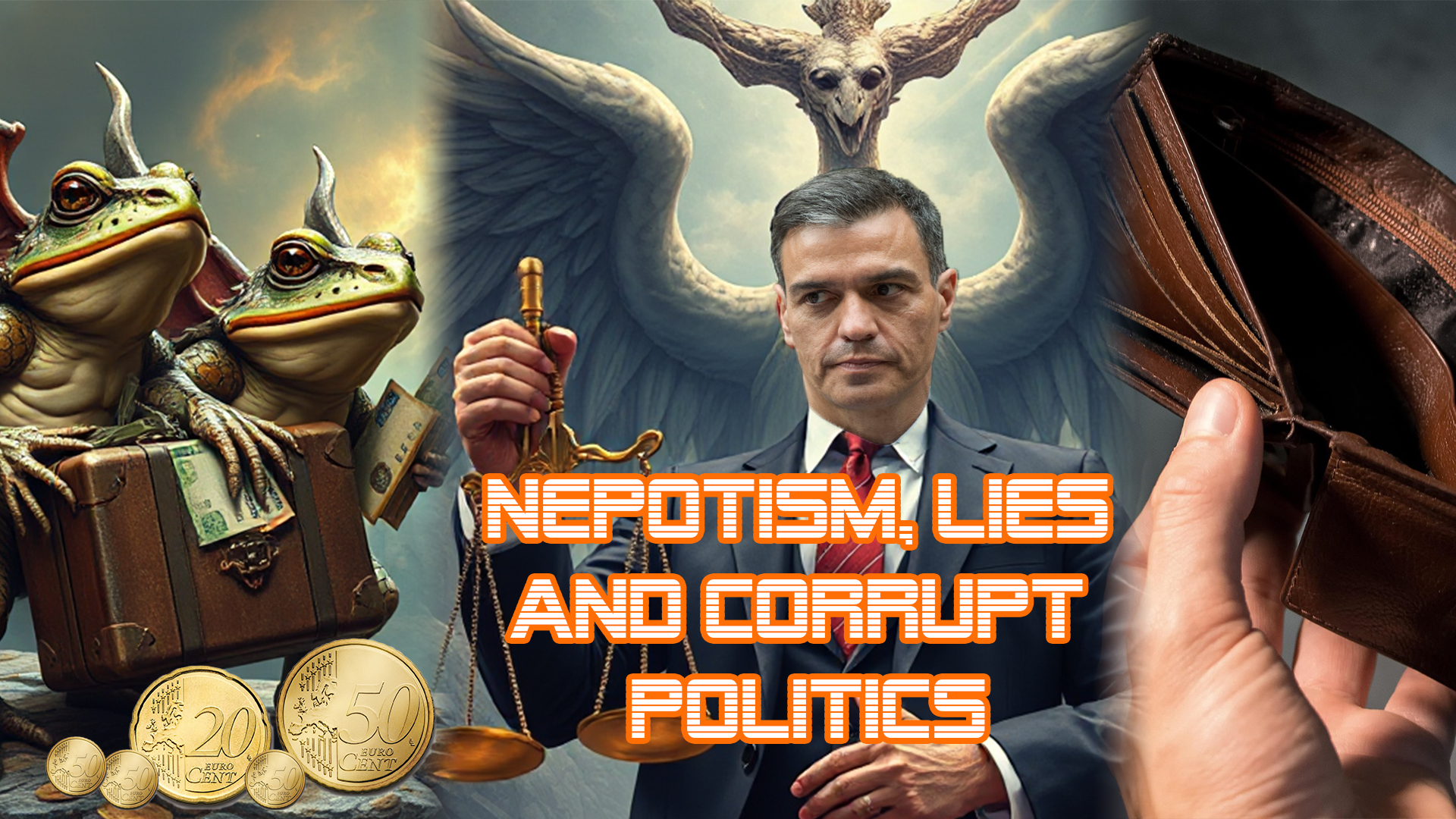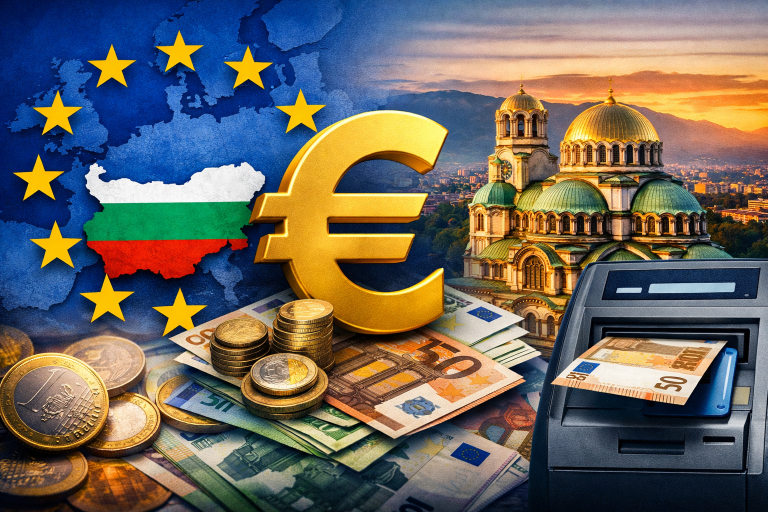
Pedro Sánchez: The controversial leader who defies Spanish laws and its economic consequences
In recent months, Spanish Prime Minister Pedro Sánchez has faced increasing scrutiny over allegations of legal violations and controversial political maneuvers. Critics argue that his actions not only undermine the rule of law in Spain, but also pose significant risks to the country’s economy and its position within the European Economic Community (EEC). This article explores the implications of Sánchez’s government on Spain’s economic landscape and its relationship with the European Union more broadly.
The accusations against Sánchez
Pedro Sánchez has been accused of engaging in practices that some claim violate Spain’s legal framework. In particular, his administration’s dealings with separatist parties, particularly in Catalonia, have raised alarm bells about the erosion of democratic principles and the rule of law. The European People’s Party (EPP) has called for an investigation into whether Sánchez’s deals with these parties constitute a breach of legal norms, potentially jeopardising Spain’s compliance with EU rules.
Now the investigation is being carried out against his deputy Begoña Gomez, who has reportedly secured an untitled professorship at the Complutense University of Madrid and may well have used funds from that institution for personal gain.
Economic implications
The economic ramifications of Sánchez’s alleged legal breaches are profound. Spain’s public debt has soared to more than 115% of its GDP, a situation exacerbated by political instability and uncertainty surrounding Sánchez’s favicon leadership. As Spain grapples with these challenges, its per capita income has fallen to 86% of the EU average, pushing the country back into the ranks of the EU’s poorest nations.
Impact on the European Economic Community
Sánchez’s governing style and the resulting economic instability could have broader implications for the EEC. As Spain is one of the largest economies in the EU, its struggles may affect collective economic performance. The possibility of increased scrutiny by EU institutions over Spain’s respect for the rule of law could lead to sanctions or a reduction in funding, further straining the economic state.
The situation surrounding Pedro Sánchez is emblematic of the challenges facing Spain today. As allegations of legal violations mount, the potential consequences for Spain’s economy and role within the European Economic Community become increasingly worrying. The need for transparency, accountability and respect for the rule of law has never been more critical for the future of Spain and its citizens.





